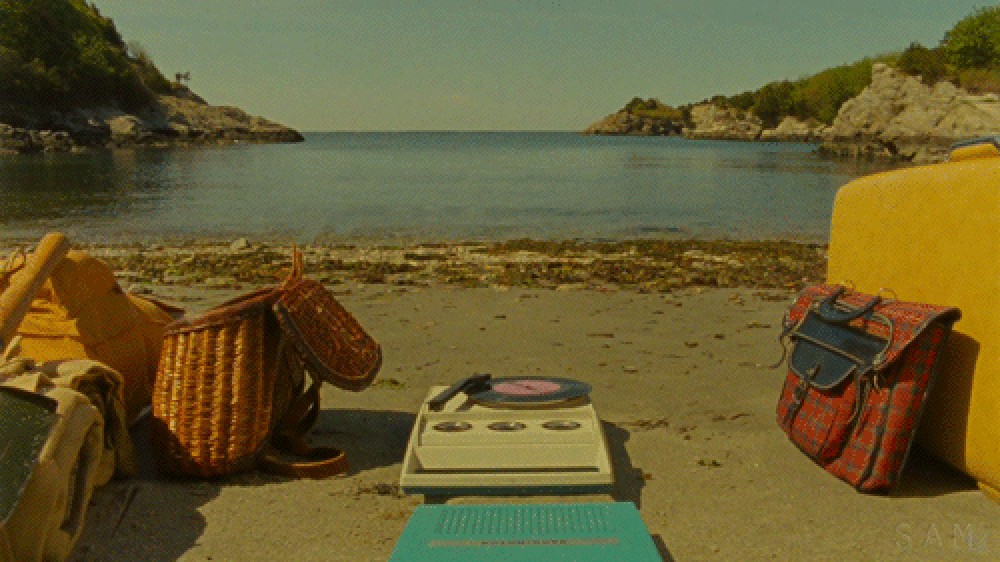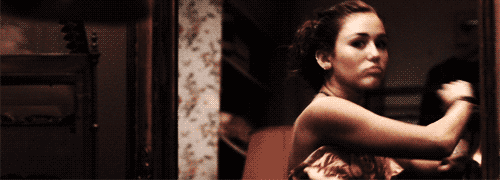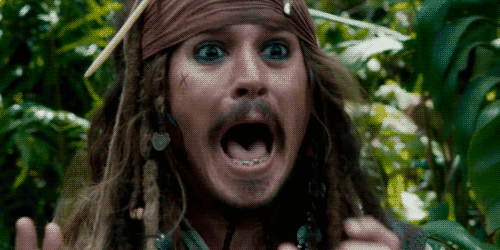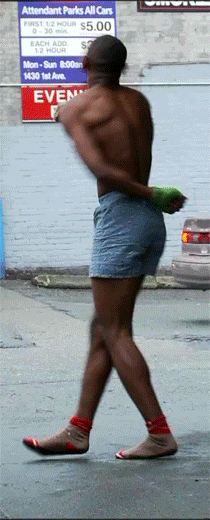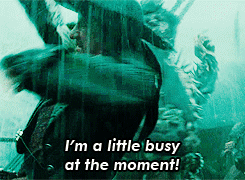Landow’s extract was about ‘Hypertext’, so to completely understand what exactly hypertext was to avoid confusion I did the obvious thing, by googling the definition:
hy·per·text
|
Noun
- A software system that links topics on the screen to related information and graphics.
- A document presented on a computer in this way.
|
|
Then I thought a way to go about the reading, would be to consider and answer the questions posted on the Networked Media page:
- How does hypertext relate to storytelling in different media formats?
It relates to different media formats in the ways that, storytelling through text can be miscommunicated, this being that in audio and visual there is tone and it is suggestive in the way that it is clearly expressed to the viewers along with images to reinforce these ideas, whereas script has to be detailed in order to fully describe the meaning. This being said, the less descriptive, the more the person reading has to think about, it is more vague and someone may not completely ‘get’ what it is all about. I think I’ve confused myself.
- Is the work we publish online only validated once it is viewed/consumed by others?
Is it? I don’t think it is, well validated in the sense that it is out there for anyone to see in the world, but not in the sense that it is legitimate, but I guess that was a given. Just because people see it does not mean that it is valid, and there isn’t a complete way to tell who has seen our work either? Although we do write as if someone else will read it, there may not be anyone who does just that.
- Do you think the digitalisation of literary texts and the use of the E-reader will eventually replace the physical book completely?
Unfortunately, as much as I hate to admit it, I feel that this is something that is highly likely. However, the minority (like myself) that actually like to read books in their paperback presentation would seemingly be against this technological change. Even my grandparents own an E-reader and are constantly downloading new books to read, which I find strange as it is the younger generation that are welcoming this change more opposed to the older generation. I really hope physical books will stay the same. I don’t even want to imagine people reading Charles Dickens digitally.
Landow, George. Hypertext 3.0: Critical Theory and New Media in an Era of Globalization. Baltimore: The Johns Hopkins University Press, 2006. Print. (extracts, PDF)
